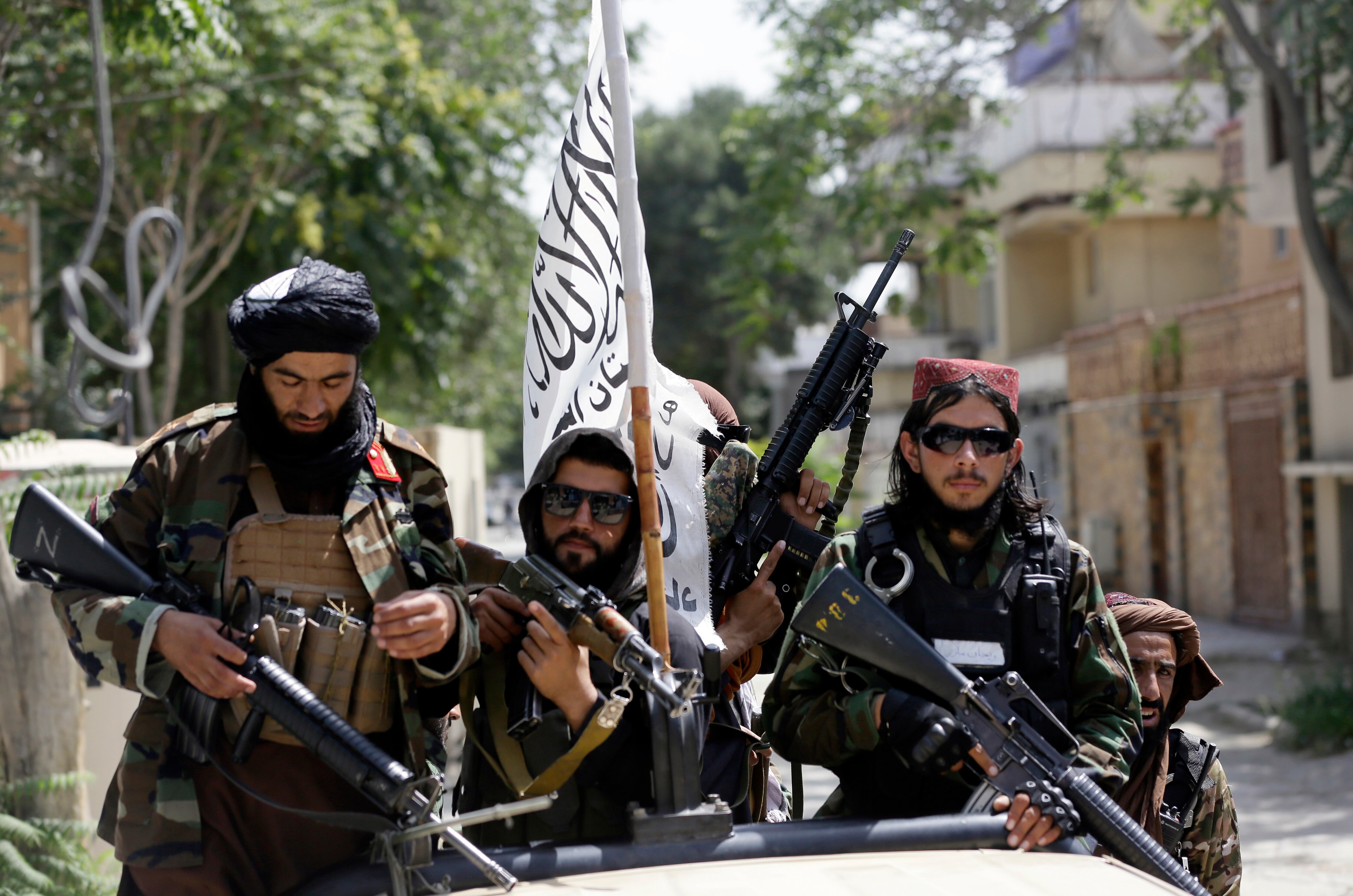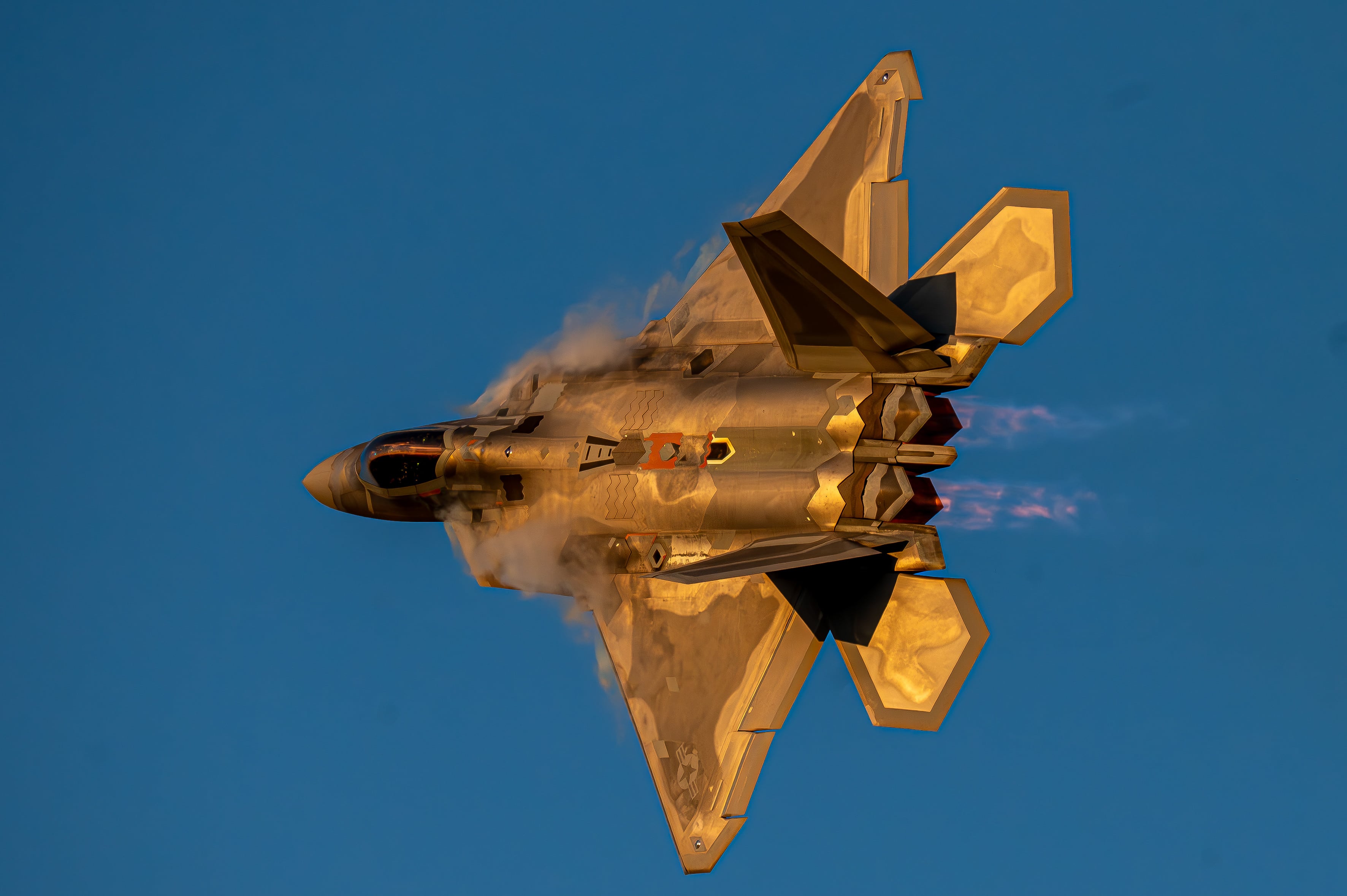You can’t spell “Taliban” without “ban,” and the current Afghan regime continues to live up to that reputation — and then some — this time in the form of blocking a platform that once brought joy to its country’s masses.
Within the next three months, the Taliban will be eliminating Afghans’ access to the video game PlayerUnknown’s Battlegrounds, or PUBG, which the nation’s new leadership characterized as “promoting violence” and “misleading youth,” according to the Khaama Press.
The decision to block access to the game was made by the country’s Ministry of Telecommunications following deliberations with the national security sector and a representative from the Sharia law enforcement administration — perhaps the most robust coalition of “video games are to blame” boomers in human history.
According to the local report, the regime has called the game “a source of national moral panic” for some time. It has also been responsible for commandeering internet servers throughout the country, occasionally drawing upwards of 100,000 Afghan gamers at once — a reflection of the game’s soaring popularity among teens.
Afghanistan joins Pakistan and India as other countries to ban the game, the Afghan news service reported. Also included in the imminent ban is the social media platform TikTok.
The Taliban has banned more than 23 million websites since seizing control of the country in August 2021, often citing “immoral content” among its reasoning. As such, the use of virtual private networks, or VPNs, have become increasingly popular tools used to bypass online restrictions.
“They are changing their pages every time,” the Taliban’s Minister of Communications Najibullah Haqqani told the country’s TOLOnews. “So, when you block one website another one will be active.”
Here’s to VPNs and the internet, the modern day Hydra of Lerna.
J.D. Simkins is the executive editor of Military Times and Defense News, and a Marine Corps veteran of the Iraq War.
In Other News















